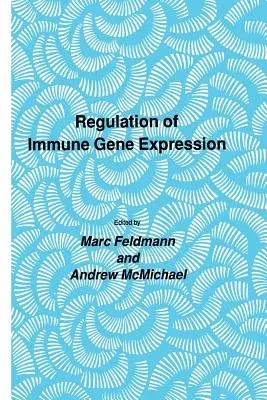Marc Feldmann
(Author)Regulation of Immune Gene Expression (Softcover Reprint of the Original 1st 1986)Paperback - Softcover Reprint of the Original 1st 1986, 4 February 2012

Qty
1
Turbo
Ships in 2 - 3 days
In Stock
Free Delivery
Cash on Delivery
15 Days
Free Returns
Secure Checkout
Part of Series
Experimental Biology and Medicine
Print Length
360 pages
Language
English
Publisher
Humana
Date Published
4 Feb 2012
ISBN-10
1461293995
ISBN-13
9781461293996
Description
Product Details
Authors:
Book Edition:
Softcover Reprint of the Original 1st 1986
Book Format:
Paperback
Country of Origin:
NL
Date Published:
4 February 2012
Dimensions:
23.39 x
15.6 x
1.98 cm
ISBN-10:
1461293995
ISBN-13:
9781461293996
Language:
English
Location:
Totowa, NJ
Pages:
360
Publisher:
Weight:
526.17 gm

